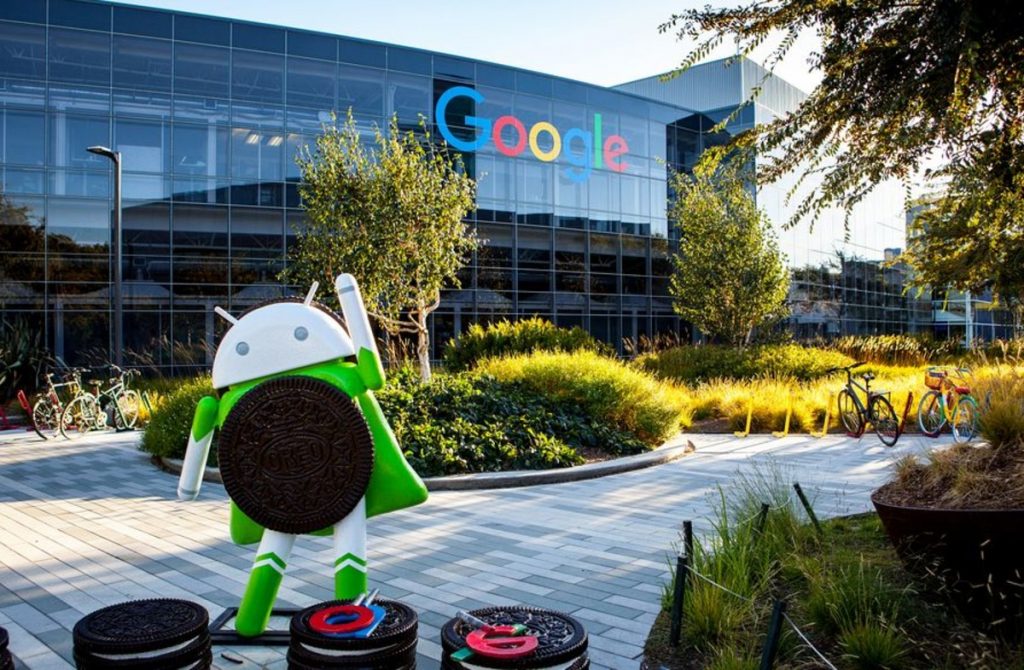As Sundar Pichai faces his first full year leading Alphabet, the job comes with challenges, including a workforce that has grown eight-fold from a decade ago.
Long-tenured Alphabet employees have said they no longer recognize Google as the company they first joined, citing organizational shifts and changes from its founder’s hopes.
A few days later, Google’s former Head of International Relations Ross LaJeunesse offered his account of why he left the company, alleging he was pushed out for raising concerns about human rights — something he said he didn’t expect to happen at a company whose execs often touted ethics over profits in the early days.
One factor in the change has undoubtedly been Google’s rapid and ongoing growth.

When Eric Schmidt took over from co-founder Larry Page as CEO in 2001, the company had fewer than 300 employees. By the time it went public in 2004, it had grown 10-fold to more than 3,000 employees, according to its annual report.
When Google co-founder Larry Page reclaimed the CEO role in 2011, the company had grown ten-fold again, to more than 32,000.
A little more than four years later, when Google had reorganized itself as Alphabet, the company had almost doubled to 61,814 workers. As part of that restructuring, the parent company separated Google from its other businesses such as Google X, Fiber and Google Ventures. Sundar Pichai was promoted to the CEO role while Page was made the CEO of Alphabet.
When 2018 hit, Alphabet had more than 89,000 employees. At the time, Google said it was growing faster outside of its Silicon Valley home and opened offices and data centers across the country, including 1.7 million square feet in New York that houses 7,000 employees.
When the founders officially stepped away from their formal roles as CEO and President in December 2019, naming Pichai the CEO of Alphabet, the company boasted more than 114,000 employees. The largest headcount additions were in Google Cloud and Search, according to company filings.
Some former employees say this growth has not been managed well. One former engineering director said one reason he left his tenure at Google was because upper management began placing extra emphasis on head count in recent years.
Because of that, the company has become reluctant to eliminate weaker team members, which affected his and others’ organizations, he said.
As it continues to grow rapidly, Google needs more space in its hometown of the San Francisco Bay Area.
In 2019, the company announced plans to build an 8 million square-foot campus for up to 20,000 employees near San Jose’s downtown — less than 15 miles from its Mountain View headquarters.
Shortly after the announcement, the company committed to a $1 billion housing investment to assist the region’s housing crunch.
source: https://www.cnbc.com/
MARKETING Magazine is not responsible for the content of external sites.









